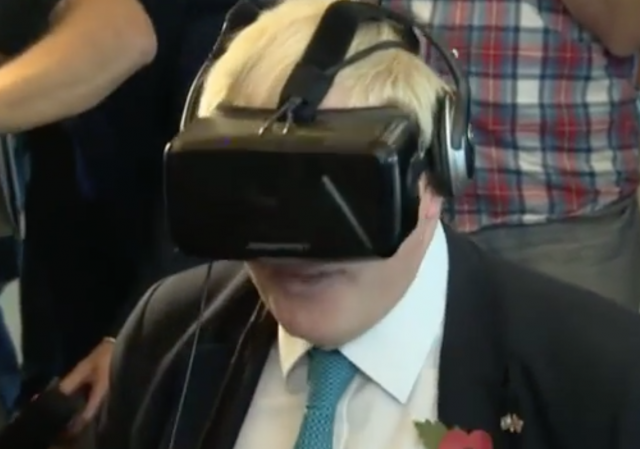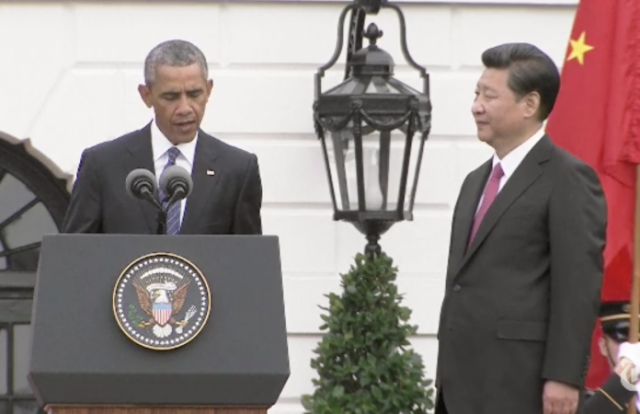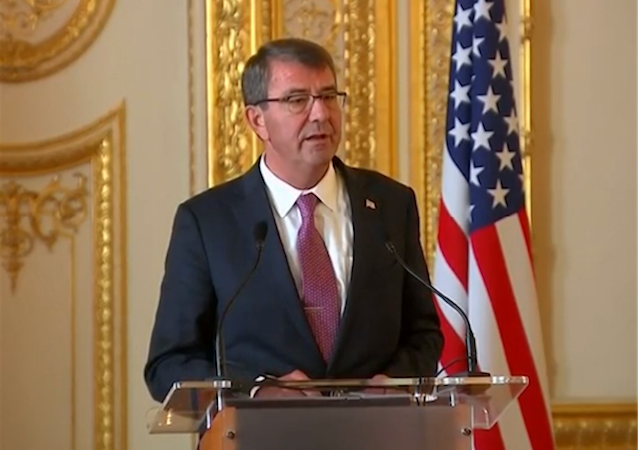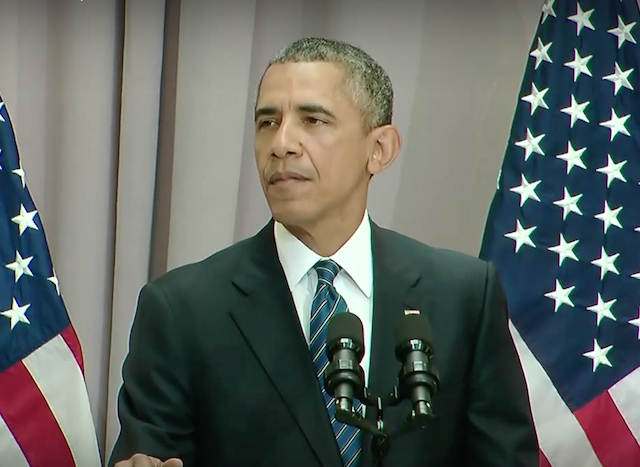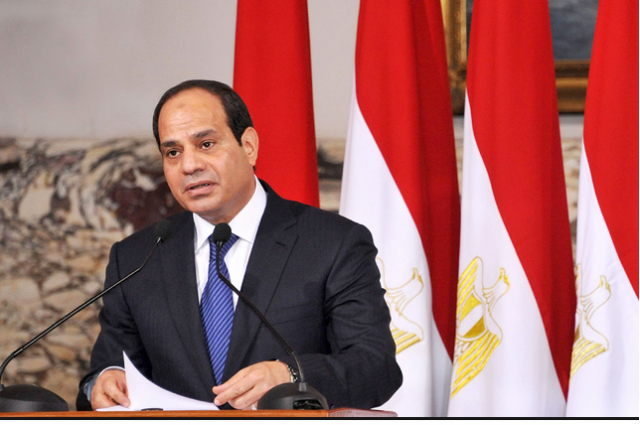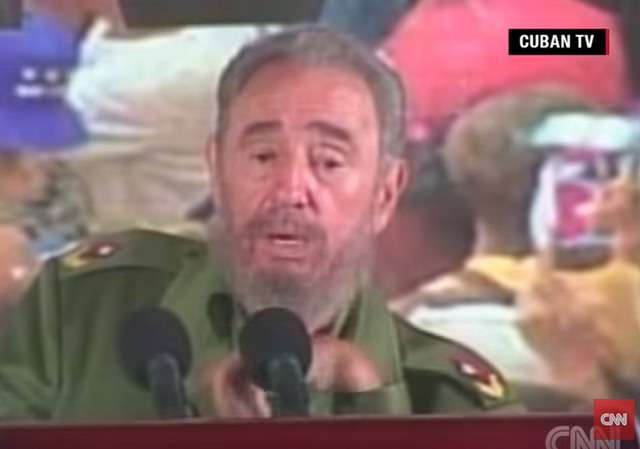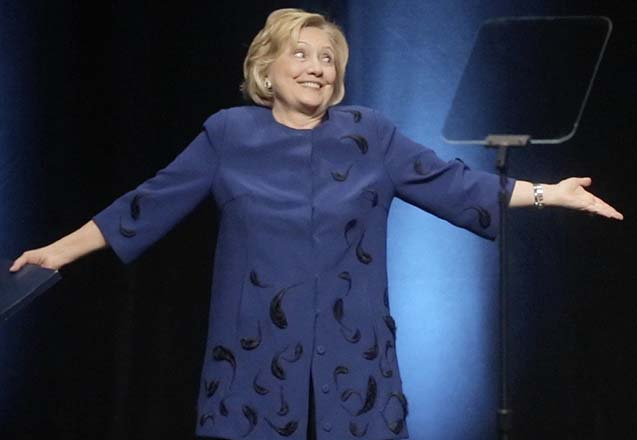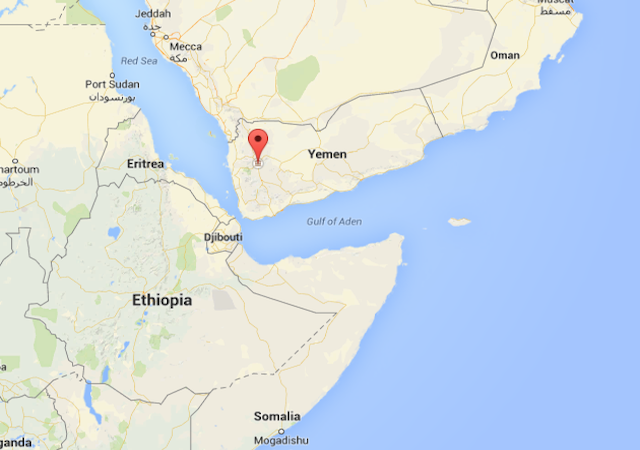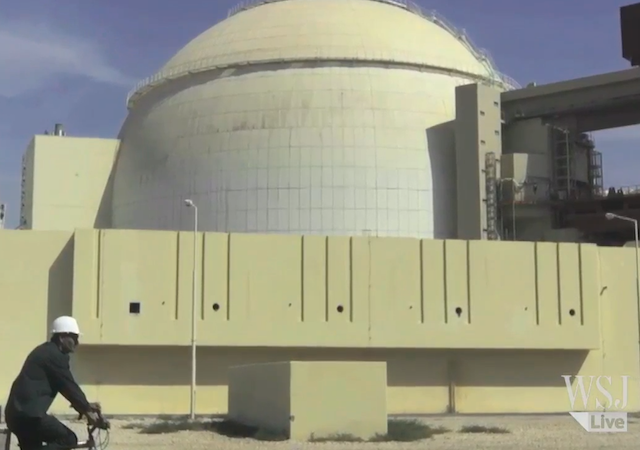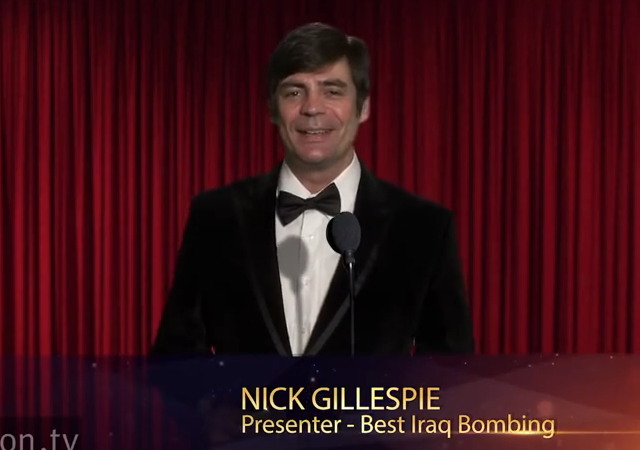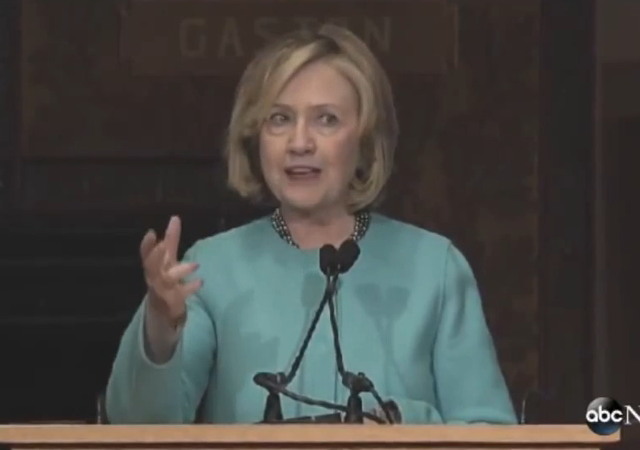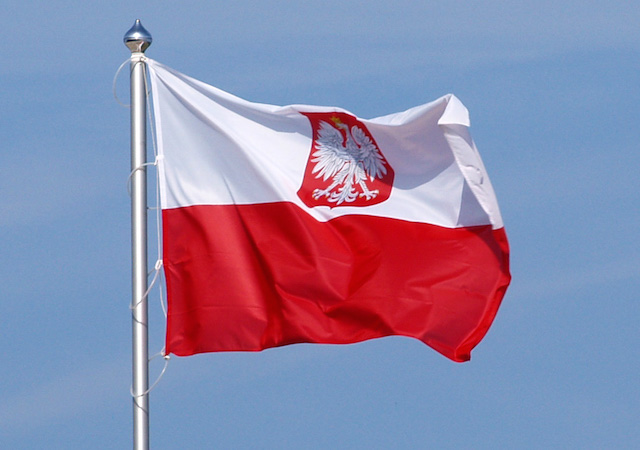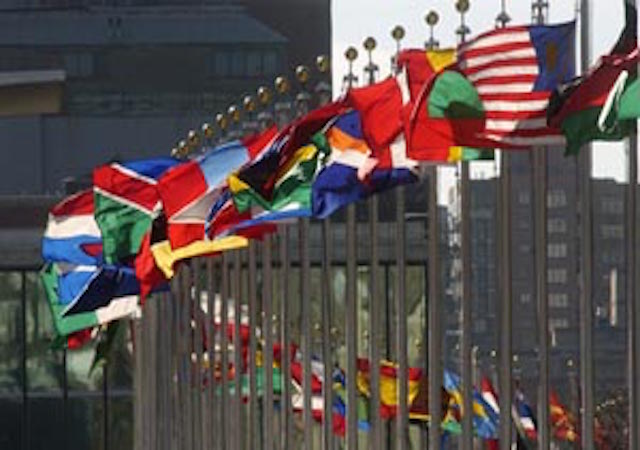Over the summer I covered the
Argentine government’s default on its debts owed to U.S. hedge funds—its second default in just 13 years.
Now fellow Latin American socialist paradise Venezuela is gearing up for a default of its own, as precipitously falling oil prices have decimated the country’s budget and will continue to pressure its currency reserves. Since mid-June, crude oil prices have declined by more than 30%, with West Texas Intermediate (the benchmark measure for North American oil) dipping to $60.55/barrel before ultimately settling at a 5-year low of $61.54/barrel on Wednesday.
A
CNBC report on the prospect of a Venezuelan default cited a Capital Economics report stating that a default could be expected by next September or October when $5 billion in debt payments come due. Only an upswing of oil prices to somewhere around $121/barrel would allow Venezuela to balance its budget, according to some estimates. But with
OPEC recently slashing its 2015 production levels to a 12-year low in response to decreasing estimated global oil demand and increasing supply via U.S. shale production, a significant oil price increase in the short-term seems highly unlikely.
Bloomberg reports that the implied probability of default---derived from complex financial formulas---in the next five years stands at 93%, the highest in the world.
Meanwhile, low oil prices translate into low oil revenues for PDVSA, Venezuela’s state-owned oil and natural gas company, which means the Venezuelan government will have to dip into dwindling reserves to service debt payments. Ratings agency Moody’s estimates that the country’s non-gold reserves are less than $7 billion, with only half of that “freely available and usable.”
How is it that the country with the largest proven oil reserves—more than 297 billion barrels—sports an economy in such shambles? There are many reasons, but a few stand out:

